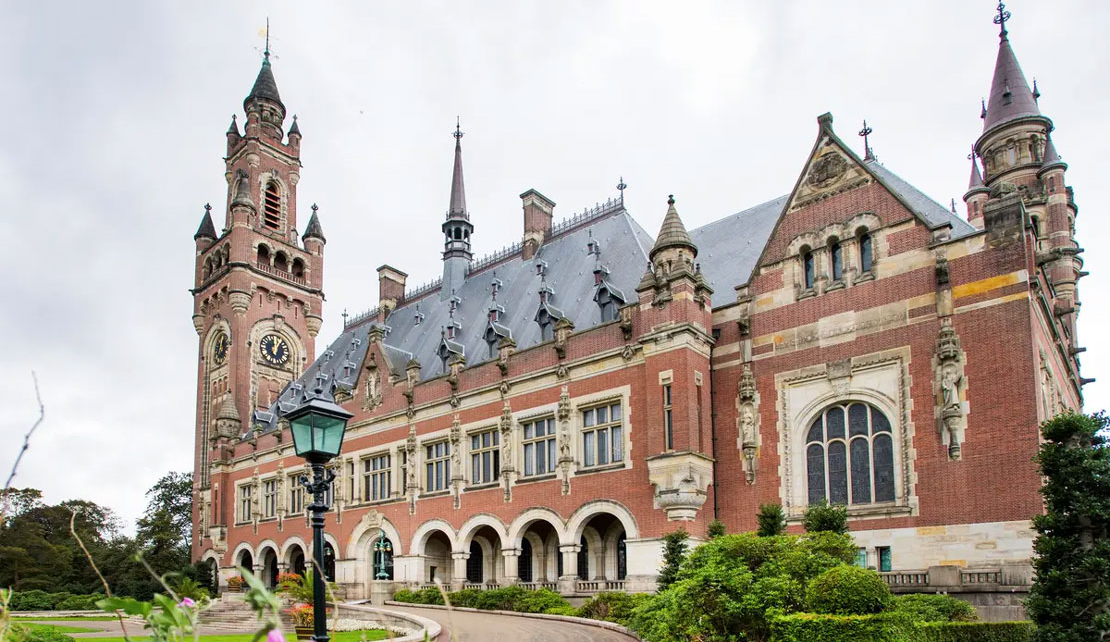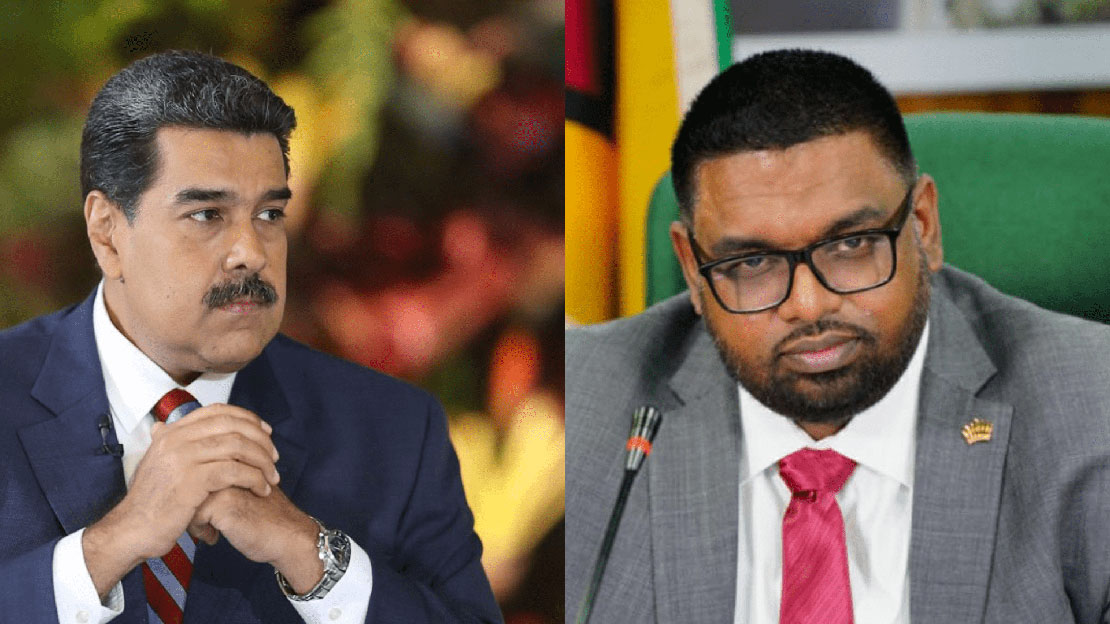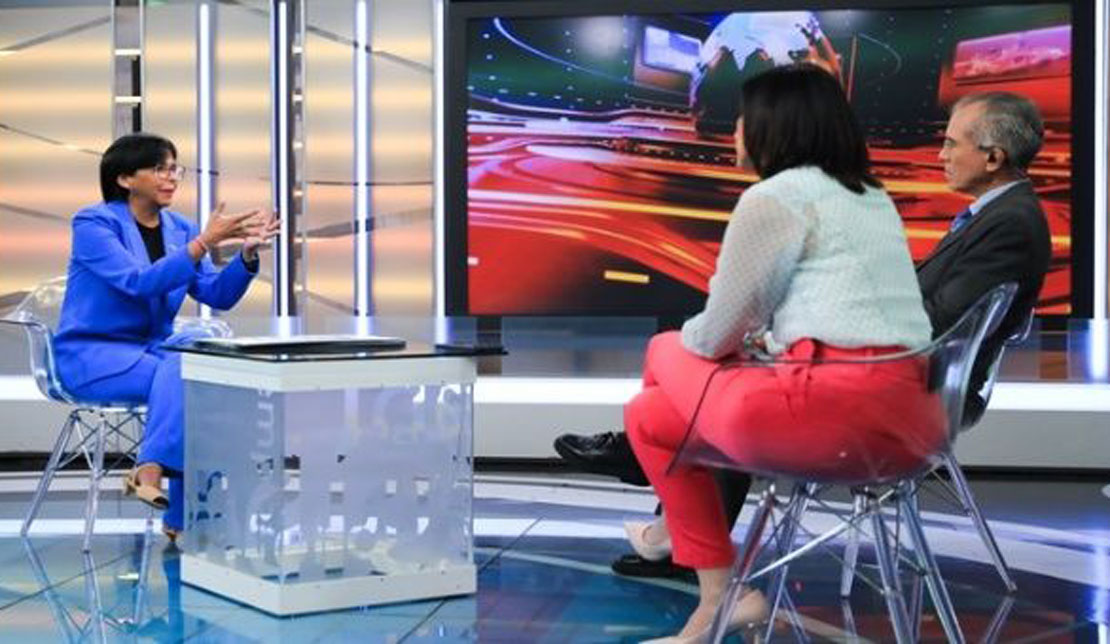GUYANA | ICJ to rule on Guyana’s request for provisional measures against Venezuela’s referendum on Friday

GEORGETOWN, Guyana, Nov. 29, 2023 - The International Court of Justice (ICJ) will issue its ruling on Friday, December 1, 2023, regarding the request made by Guyana for provisional measures to prevent Venezuela from going ahead with its planned referendum in its current format, as it includes a number of questions that threaten Guyana’s territorial integrity.
The ruling will be delivered publicly at 3:00 pm (10:00 am local time) at the Peace Palace in The Hague. President of the Court, Judge Joan E. Donoghue will announce the Court’s Order.

In 2018, Guyana filed an application instituting proceedings against Venezuela, requesting the ICJ “to confirm the legal validity and binding effect of the Award regarding the Boundary between the Colony of British Guiana and the United States of Venezuela, of 3 October 1899.”
 However, on September 21, 2023, Venezuela’s National Assembly passed a resolution for a referendum on the territory awarded to British Guiana in 1899, now part of Guyana since its independence in 1966.
However, on September 21, 2023, Venezuela’s National Assembly passed a resolution for a referendum on the territory awarded to British Guiana in 1899, now part of Guyana since its independence in 1966.
The National Electoral Council of Venezuela issued five questions for the December 3, 2023, referendum. Questions three and five are particularly concerning, aiming to support Venezuela’s baseless claim to the Essequibo region.
Question three seeks approval for Venezuela’s refusal to recognise the ICJ’s jurisdiction in the controversy, while question five seeks approval from Venezuelans to create a new state in Guyana’s Essequibo Region, incorporating it into Venezuela, and granting citizenship to the population.
The Essequibo region accounts for almost two-thirds of Guyana’s territory, with around 125,000 of the country’s 800,000 inhabitants living there.
It is against this background, that Guyana approached the ICJ for provisional measures, asking Venezuela to refrain from those actions. Such actions would unlawfully annex Guyana’s territory and violate international law principles in the UN Charter.
Moreover, such actions would usurp the jurisdiction of the ICJ by presenting it with a fait accompli before the Court has had a chance to rule on Guyana’s claim of sovereignty over the territory under the 1899 Arbitral Award.

"Since the founding of the International Court of Justice, Venezuela's position has been very clear that it does not recognize the compulsory jurisdiction of the Court. Only 70 countries in the world recognize compulsory jurisdiction, that is to say, they recognize the automatic jurisdiction of the International Court of Justice to settle matters of international interest," Rodriguez said.
"They are really showing a lot of desperation by pretending that the Court can stop a consultative referendum where the Venezuelan Parliament, the Venezuelan National Assembly, decided, unanimously approved to call and consult our people. Then they went to the Electoral Power, a date was set, December 3, for our people to be consulted.
"How can an International Court of Justice come to stop a consultative referendum in Venezuela? This has no legal or juridical basis whatsoever. It is demonstrating not only Guyana's desperation, but that Guyana has become a true colonialist conclave, an imperialist conclave of those who are its allies," Rodriguez told a media panel earlier this month.
Guyana presented its case on November 14, and Venezuela on November 15.
